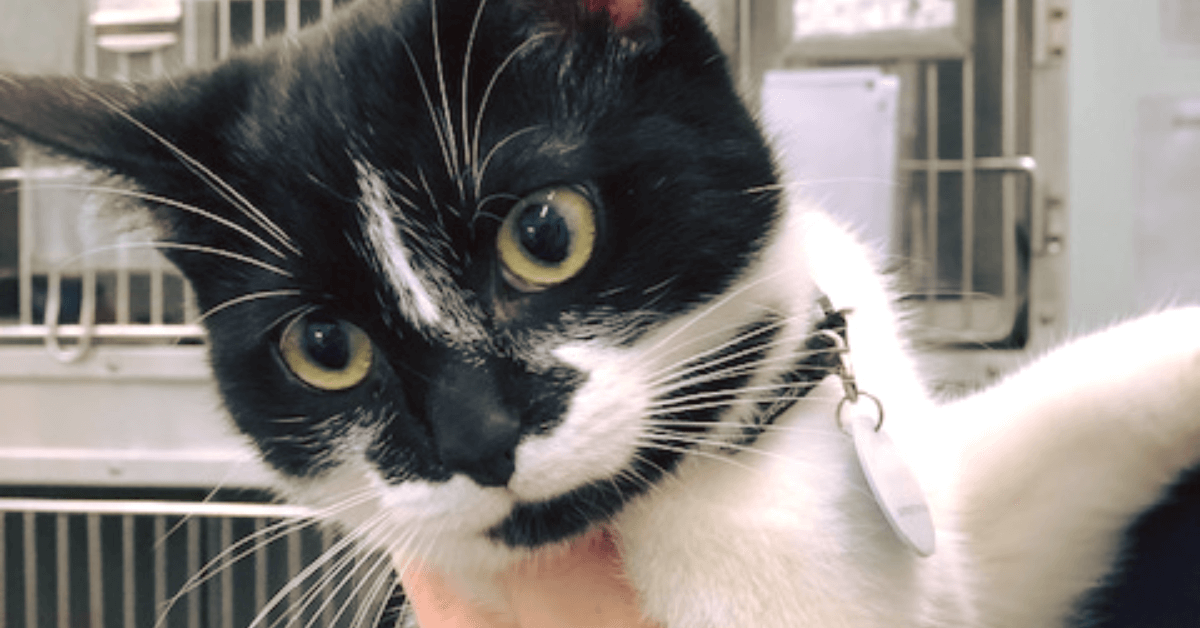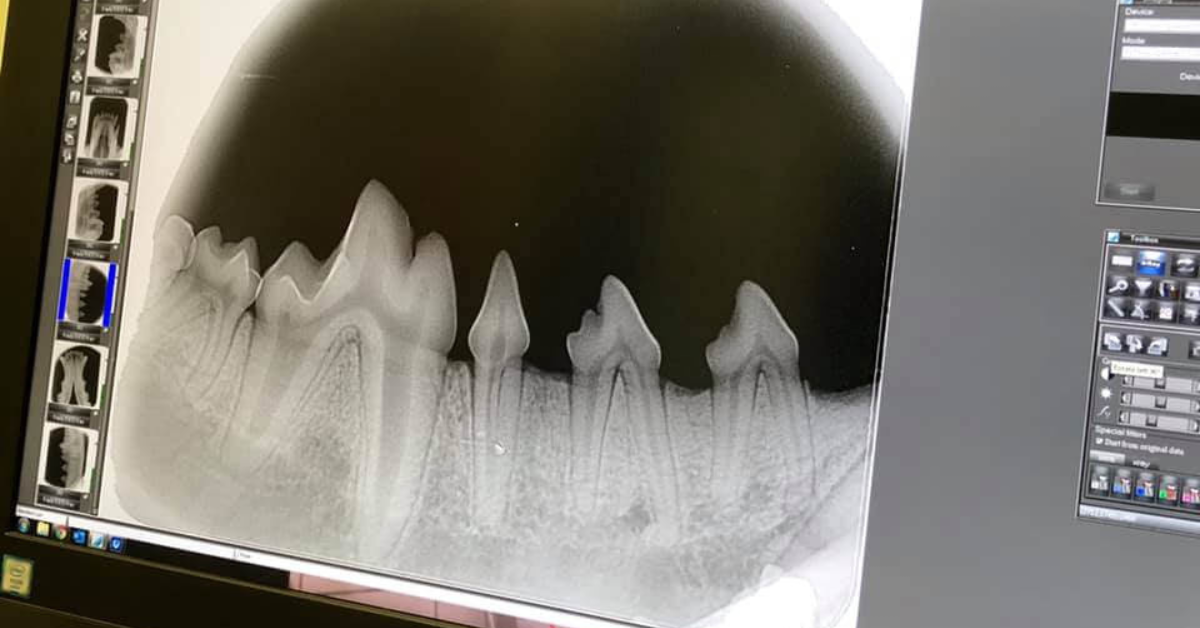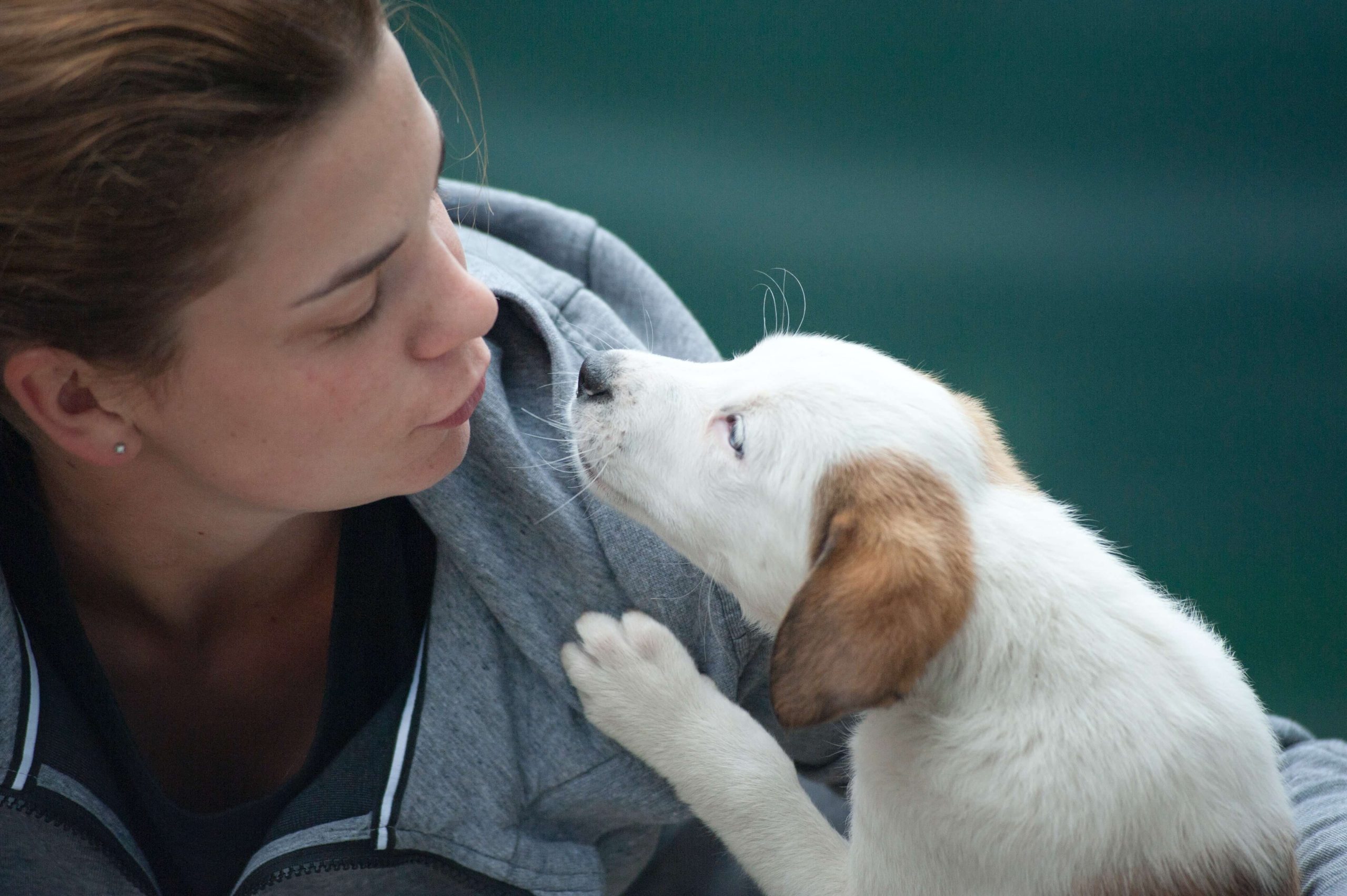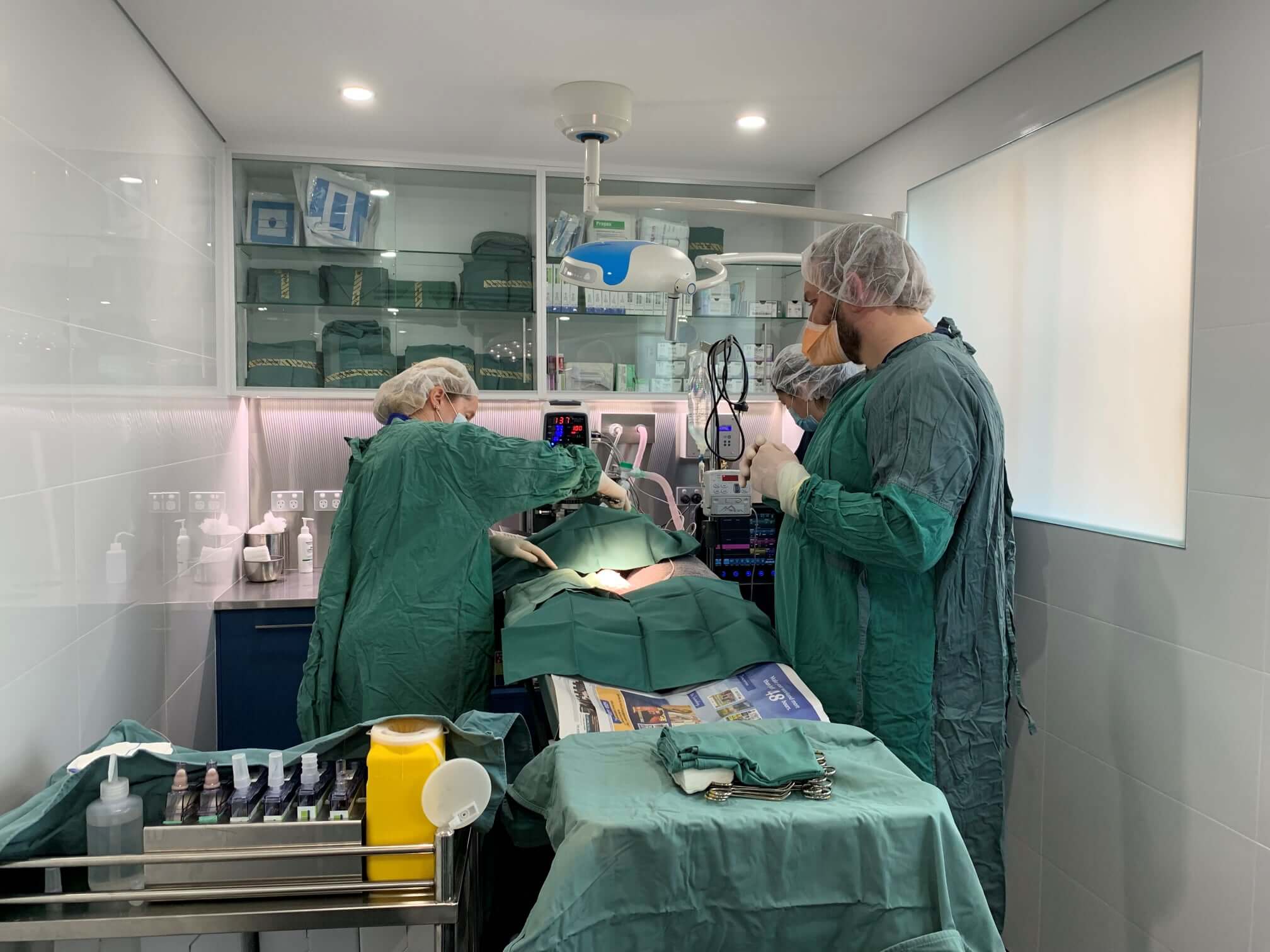SURGERY
Veterinary surgery is an important aspect of animal healthcare, and it is often necessary to address a variety of medical conditions in pets. At Concord Veterinary Hospital, we offer a wide range of surgical procedures for dogs and cats, including elective procedures and emergency surgeries.
An essential part of pet healthcare, as it can help to address a variety of medical conditions that may impact your pet’s health and well-being.
Some common reasons for veterinary surgery include:
- Trauma: Pets may sustain injuries from accidents or other incidents that require surgery to repair.
- Cancer: Surgery may be necessary to remove tumours or cancerous growths in pets.
- Infection: Certain infections may require surgery to remove infected tissue and prevent the spread of the infection.
- Congenital Defects: Some pets may be born with congenital defects that require surgery to correct.
At Concord Veterinary Hospital, we offer a wide range of surgical procedures for dogs and cats.
Some of the most common types of surgeries we perform include:
- Soft Tissue Surgery: Soft tissue surgery involves surgeries on the internal organs and other soft tissues of the body, such as the lungs, liver, spleen, and bladder.
- Orthopaedic Surgery: Orthopaedic surgery involves surgeries on the bones, joints, and muscles of the body, such as repairing broken bones, fixing joint injuries, or addressing ligament tears.
- Urgent Surgery: In emergency situations, such as when a pet has been hit by a car, we offer prompt and lifesaving emergency surgeries to address the pet’s injuries.
- Elective Surgery: Elective surgery, such as spaying and neutering, is recommended for the overall health and well-being of your pet.
Preparing your pet for surgery involves several steps to ensure that your pet is healthy enough to undergo surgery and to minimise the risks associated with anaesthesia. Some important steps to prepare your pet for surgery include:
- Fasting: Your pet may need to fast for several hours before surgery to prevent complications from anaesthesia.
- Pre-Surgical Exam: Your veterinarian will perform a pre-surgical exam to ensure that your pet is healthy enough to undergo surgery.
- Anesthesia: Your pet will be given anaesthesia during surgery to ensure that they do not feel any pain or discomfort.
- Recovery: After surgery, your pet will need time to recover and heal from their procedure. This may involve medication, rest, and other supportive care to ensure a successful recovery.
If your pet requires surgery, our experienced veterinary team will work closely with you to ensure that your pet receives the best possible care and treatment for their condition.
Useful Information for Existing and New Patients
Our Other Services
How Can We Help Your Pet
Explore Our Veterinary Care Services

















